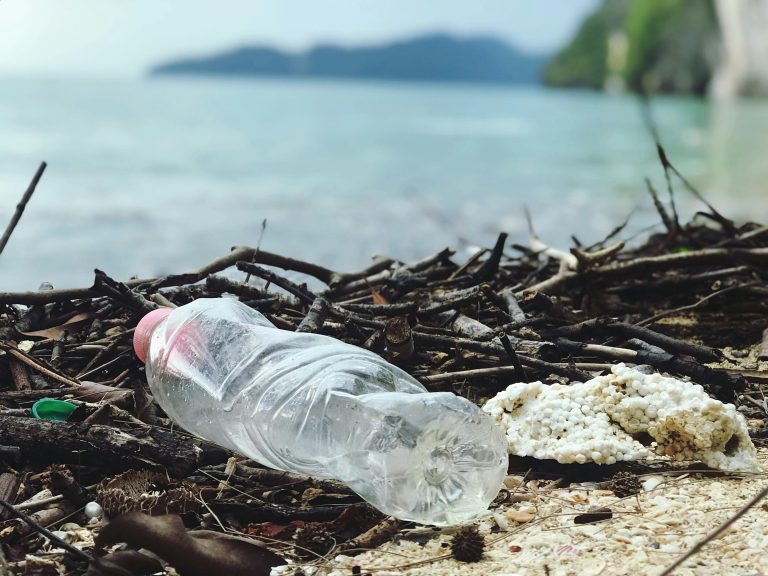The fourth session of the Intergovernmental Negotiating Committee (INC-4) commenced on Tuesday, April 23, in Ottawa, Canada, the UN Environmental Program (UNEP) said in a press release. The meeting, marking a crucial step in developing an international legally binding instrument on plastic pollution, aims to propel negotiations forward to finalise the text of the instrument at the fifth session (INC-5) scheduled for November.
Members of the committee will deliberate on intersessional work, which is crucial for supporting the further refinement of the treaty text between INC-4 and INC-5. This session follows previous negotiations in Punta del Este, Paris, and Nairobi in 2022 and 2023.
Inger Andersen, UNEP Executive Director, emphasized the growing consensus on eliminating problematic and avoidable plastic uses, urging decisive action.
“We can be proud of what we have achieved. But a job half-done is a job not done. Time is against us – both in terms of finalizing the instrument and how much more the planet can take. As we deliberate, plastic pollution continues to gush into ecosystems,” she added. “So, I ask for INC-4 to show energy, commitment, collaboration, and ambition. To make progress. And set the stage for INC-5 to finalize an instrument that will end plastic pollution, once and for all.”
INC-5, slated for November in Busan, Republic of Korea, is anticipated to be the culmination of the negotiation process. It will be succeeded by a Diplomatic Conference at which Heads of State will sign the agreement.
Luis Vayas Valdivieso, Chair of the INC, stressed the importance of multilateral cooperation in combatting plastic pollution, underlining the mantra of “together, we are stronger.”
Preceding the commencement of INC-4 were regional consultations, observer conversations, and supplementary events like Partnerships Day and Ministerial Day hosted by Canada.
Steven Guilbeault, Canada’s Minister of Environment and Climate Change, expressed Canada’s commitment to a global agreement on plastic pollution by the end of 2024, hailing it as a landmark decision.
The INC process, outlined by United Nations Environment Assembly resolution 5/14, aims to deliver an international treaty addressing plastic pollution comprehensively, encompassing binding and voluntary measures across the plastic lifecycle.
As Jyoti Mathur-Filipp, the INC’s executive secretary, urged delegates to seize the moment and strive for consensus, the global community remains poised to make significant strides towards combatting one of the most pressing environmental challenges of our time.
The Intergovernmental Negotiating Committee was established following a United Nations Environment Assembly resolution to develop an international legally binding instrument on plastic pollution, including marine environments. (nsh)
Banner photo: Catherine Sheila/pexels.com















